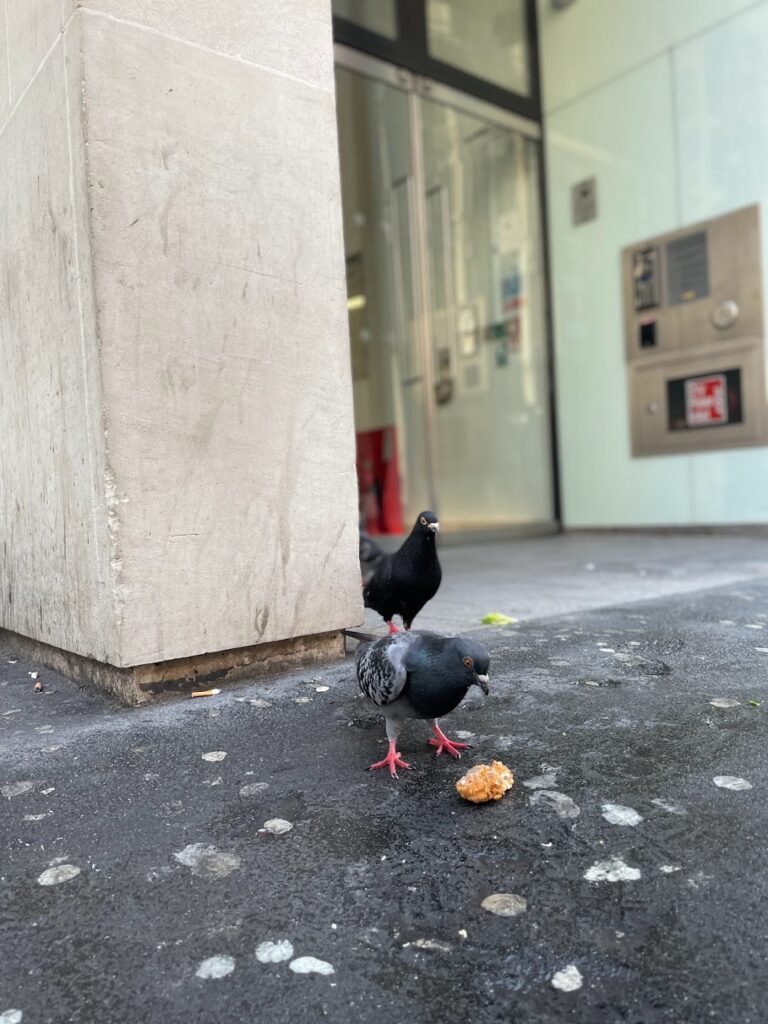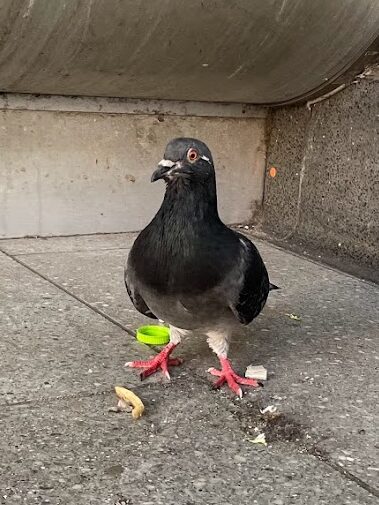A public relations management campaign in five parts – why pigeons are deserving of some respect from Londoners

It recently came to my attention that my best friend of five years is absolutely terrified of pigeons, thinking of them as Satan’s lackeys, specially curated to torture her every waking hour spent outdoors.
Despite being largely disliked by most people for a platitude of reasons, fair and unfair, London’s a million-or-so pigeons are here to stay. So, I’ve taken the effort to put together a slightly-less-than comprehensive list on why pigeons are actually deserving of Londoners’ affection.
They are war heroes
During the two World Wars, carrier pigeons were enlisted to deliver messages across enemy lines. Their homing instincts and sheer speed were essential to the war effort.
The British used over 100,000 war pigeons during the First World War, and upwards of 200,000 pigeons during the Second World War. 32 pigeons were awarded the Dickin Medal (the Victoria Cross for animals) for their services during the Second World War.

Man’s history with the pigeon goes as far back as antiquity
The earliest documentation of pigeons goes back to Ancient Sumeria, where the birds were worshipped alongside the Sumerian Mother Goddess. The pigeons are theorised to have been symbols of fertility, which carried over to the Mediterranean. Their role as messengers can be traced back to the Ancient Greek and Roman civilisations.

Image by: Aisyah Muhamad Irfan
They are intelligent
A pigeon’s homing ability sets them apart from most animals. Homing isn’t mere migration it’s a complex, learned ability, involving some combination of memorisation, sensitivity to the Earth’s magnetic field, a powerful sense of smell, vision and hearing, and their innate compass and map mechanism. It’s also been shown that pigeons, with some training, can pass the ‘mirror test’.

They adapt
London’s pigeons are feral descendants of domesticated pigeons from Britain’s abandoned dovecotes. The architecture of London resembled the ancestral pigeons’ cliffside habitats in the Middle East. Their blasé attitude towards humans meant that pigeons were quick to adapt to energetic London life and were able to take advantage of the human inability to not litter and throw food to the ground.

Image by: Aisyah Muhamad Irfan
They don’t care about mankind’s feelings, they’re here for a good time
I respect that they can humiliate humans so easily, their mere proximity can send people into a full-blown tizzy and that’s hilarious. Traumatic for the human, perhaps, but a 300g pigeon isn’t really going to do much, is it now?

A pigeon poop anecdote will never fail to elicit a giggle from me. Once in Year 2, a classmate of mine arrived late to school after being a victim of a pigeon guano incident. One of my favourite pigeon memories was the absurdity of bearing witness to two pigeons getting frisky during a GCSE Spanish class.
